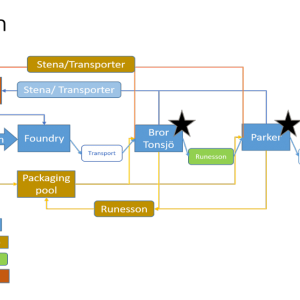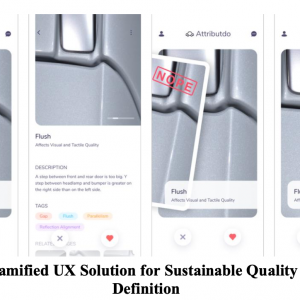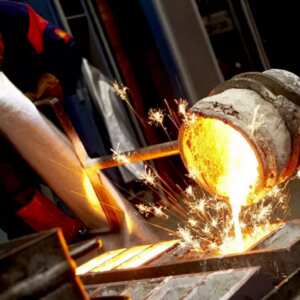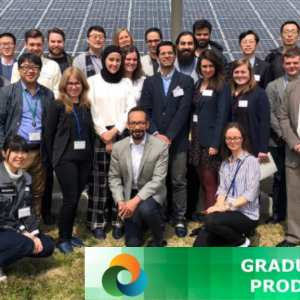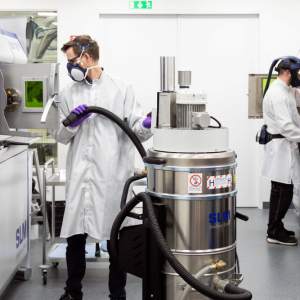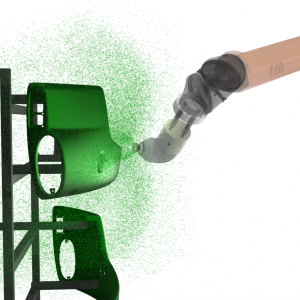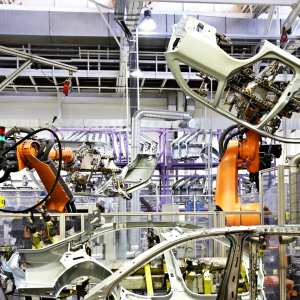DiVISI aims at investigating how sharing of digital information can improve the forest-forest industry value chain.
The Project DiVISI will demonstrate how a common digital platform in the forest network, where different actors can share information about timber volumes and qualities to be delivered at specific times and locations, can benefit the value chain and its actors. The project will develop, test and evaluate a pilot version of a control and steering function that will improve planning and ordering procedures for all parties in the forest-to-sawmill value chain. The project will define and enable visualisation of indicators for production planning and control, including, for example, planned volumes, capacity and disturbances from planning of forestry operations to sawn wood products. The project will contribute to a more sustainable production in which efficiency improvements are strengthening the forest sector’s competitiveness and profitability. It will also contribute to a more stimulating working environment that can attract and retain competent people. This in turn will contribute to the development of rural areas in Sweden. The competence represented in the project consortium well covers the needs to reach project goals; partners include research organisations, forestry and sawmill companies, a hauler, suppliers of sawmill equipment and IT solutions for the forest sector. Innovation in the project is both process and organisational innovation. The results of the project will have the potential to create significant value for companies in the forest-to-sawmill value chain through secure and open exchange of information on a level that is not yet available.
 Kunskapsförmedlingen
Kunskapsförmedlingen 
